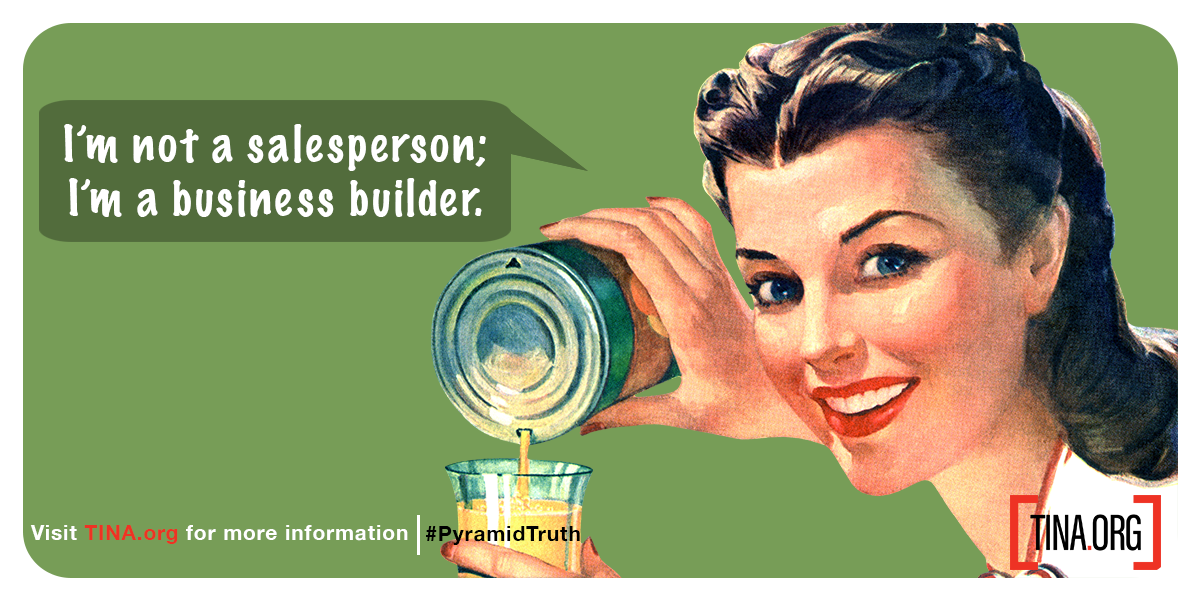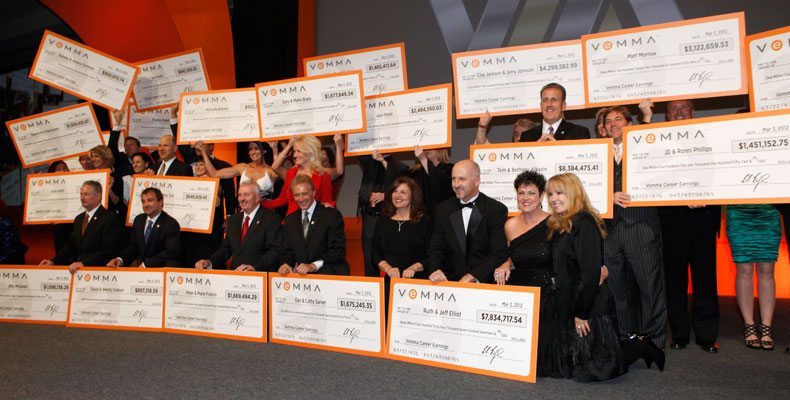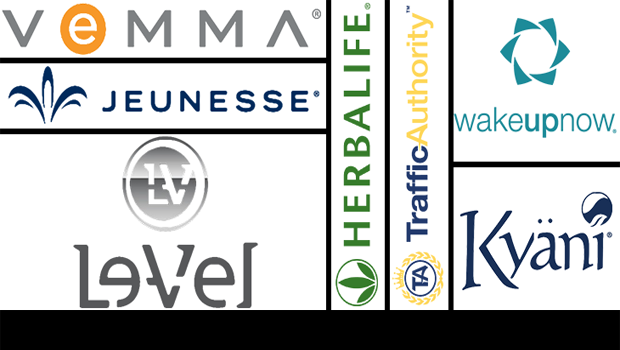
H.R. 3409: Protecting Pyramid Schemes, not Consumers
Former FTC economist outlines issues with new “anti-pyramid” bill.
 Upon reading the transcript of the Sept. 15 court hearing re Vemma, which conveys the most unusual meanings that Vemma attributes to such common terms as customer, business opportunity, and a proper application of puffery, the image that comes to mind is Alice in Wonderland.
Upon reading the transcript of the Sept. 15 court hearing re Vemma, which conveys the most unusual meanings that Vemma attributes to such common terms as customer, business opportunity, and a proper application of puffery, the image that comes to mind is Alice in Wonderland.
“When I use a word,” Humpty Dumpty said in rather a scornful tone, “it means just what I choose it to mean.”
“The question is,” said Alice, “whether you can make words mean so many different things.”
In a world created by Vemma, its leader B.K. Boreyko certainly thought so. But a federal judge in Arizona thought differently. On Sept 18, by a preliminary injunction, the judge ruled that the FTC’s case claiming Vemma to be a pyramid scheme would in all likelihood win on the merits. In the interim, Vemma is allowed to continue to sell its products under a court order that essentially eviscerates the company’s pyramid scheme compensation plan.
Almost everything in the topsy-turvy world of multi-level marketing (“MLM”) hails back to the 1979 Amway decision. Whether one agrees with that decision or not, it at least employed key terms that had plain meanings:
Not surprisingly when big money is at stake, an ever deepening war of words sets in. As noted in a Feb 2013 interview by a CNBC reporter with the President of the Direct Selling Association, Mr. Mariano conceded “everybody has their own definition of multi-level marketing.” Indeed so. And along with so many versions comes an array of terms having no uniformity in meaning. At some point would not the conflicting meanings just cry out to stop the reign of Humpty Dumpty? Yes, most immediately, Vemma’s version.
At the Sept. 15 hearing, we heard from Vemma’s economic expert that the real meaning of “customer” is this: a participant who did not buy a Vemma Affiliate Pack, received no commissions, and enrolled no other person into the organization – further asserting that his description was likely to be more accurate, in spite of overriding what a large number of participants themselves indicated upon joining (and encoded in the company’s database). Under his definition, the expert calculates that the correct counting of customers and Affiliates is: customers 77%; Affiliates 23%, and thereby essentially reverses the figures that the government’s temporary receiver reported to the court as based on the information in Vemma’s own database. Evidently, words mean what Vemma chooses them to mean. But the question is whether you can make words mean so many different things. Happily, the court did not think so and sided with a common-sense approach. It firmly rejected Vemma’s expert testimony.
We were equally led to ponder what Vemma might mean by a “business opportunity” upon considering the following exchange between the FTC attorney (asking the questions) and Vemma’s Chief Operating Officer (giving answers), confirming that customers and business Affiliates purchase Vemma products at the same price:
Q: So in Amway, for example, there was a wholesale price that Affiliates could get and they could potentially turn a profit by selling to a downline and actually getting a profit off the resale of the product; right?
A. That’s correct.
Q. But that is not Vemma’s model?
A. We feel it was important to let customers purchase the product at the same price as our Affiliates and we didn’t feel there was a need to charge them more. We like our products and we wanted to give it to them at the best price as possible and they can order direct from the company.
Q. So there’s really no written incentive or really no room within Vemma’s business model for there to be this type of wholesale retail resale scenario?
A. That’s correct.
A little reflection leads one to ask how Vemma could then present a “business opportunity”? Entrepreneurs need to be able to sell product to others at a profit. In order to help participants to set that aside, Vemma’s promotional & marketing materials focus them on what really counts: all that money they make by enrolling others into this lucrative opportunity.
I think we can sum this up by a conversation, ala Alice in Wonderland, between Alice and a person promoting Vemma’s version, call him BK. So, asked Alice, how do you make money as a Vemma Affiliate? To get the most out of this opportunity, said BK, you buy enough product to be bonus-qualified and you enroll two others who buy enough product to be bonus-qualified, who each enroll two others who buy enough product to be bonus-qualified, and so forth. I call it “Get two, and go.” Asked Alice inquisitively, how long can that go on? BK responds with an upbeat tone: it just keeps on going and makes everybody rich! Oh, said Alice pensively, I think you mean a few people get rich and most everybody else loses. In view of the court’s opinion, the judge agreed with Alice.
And from the hearing transcripts, we obtain from defense counsel a most remarkable explanation on what is the real meaning of those income representations all over the Internet. These claims, the defense counsel maintains, are just “puffery” and goes on to explain the meaning of puffery (correctly so): claims that are so outlandish that no reasonable consumer could believe them.
Who then is madder than the Mad Hatter? Is it Vemma for spending hundreds of thousands of dollars on promotions & marketing that it knew “no reasonable person could believe”? Or, the participants — more than 100,000 of them– who acted affirmatively on Vemma’s income representations and were, by counsel’s own statement, not reasonable in doing so? The company is in the best position to know the truth and the court held Vemma responsible, imposing an order that is not puffery. And so ends Vemma, business foolishness in the extreme.
The views, opinions, and positions expressed in this blog post do not necessarily reflect the views, opinions, and positions of TINA.org.
Former FTC economist outlines issues with new “anti-pyramid” bill.
Vemma settlement clarifies FTC’s position on what constitutes a legitimate MLM.
Readers have told us to look into these MLMs.

